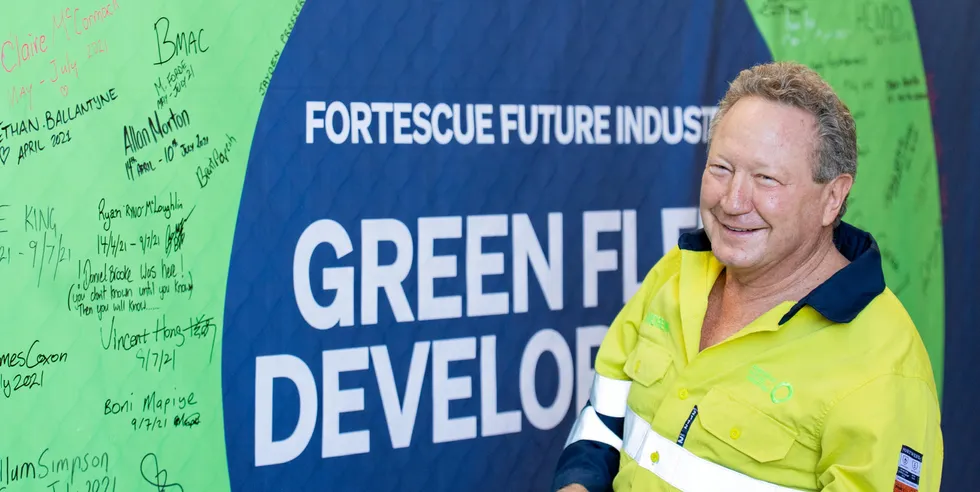E.ON and Fortescue plan Australia-Germany 'hydrogen bridge' to substitute Russian energy
Planned imports of five million tonnes of green H2 per year by 2030 would be equal to third of calorific energy Germany imports from Russia

Planned imports of five million tonnes of green H2 per year by 2030 would be equal to third of calorific energy Germany imports from Russia
